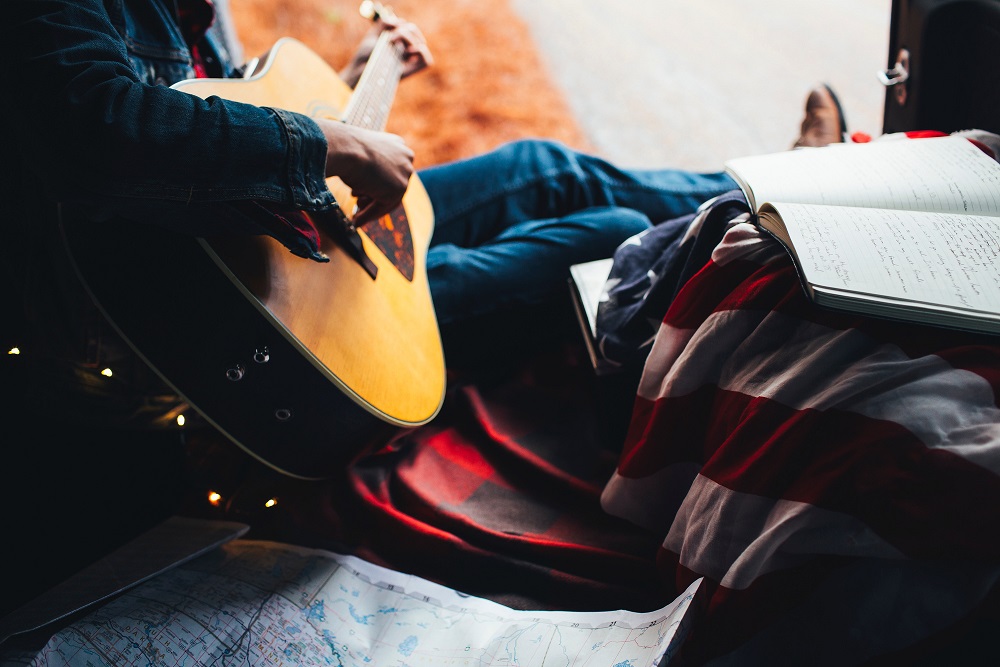By Jared Fast
A common mistake that many beginning students make is to spend their practice time playing instead of practicing. As a result their progress is slow and their playing doesn’t improve. Sound confusing? Let me explain.
I use the term playing to mean playing a song that you already know from beginning to end. This could be for a performance, or simply for your own enjoyment. This is the reason people want to learn to play an instrument, because playing a song and creating beautiful music is fun! This is the end goal of taking lessons and practicing.
I use practicing to mean learning and mastering a new song, including all of the technique, theory, scales, etc. that are necessary to play that song well. It means repeatedly playing the difficult passages over and over and over again until they are perfect, before moving on to the next difficult section.
A common mistake is to practice a song by simply playing it from the beginning to the end, fumbling through the difficult parts. A student may play the song through several times and call it a day, but they won’t have made any improvement on the difficult parts. If you are spending time practicing but not getting much better, this could be the problem. A better approach is to first play the song through once, stopping to circle the difficult passages as they are encountered. Then go back and spend time working on just the difficult passages until they improve. Repeat them over and over until you can play them correctly several times in a row. Then finish by playing the song through again from beginning to end, and notice the improvement! This is a much more effective and efficient practice session.
Another mistake is to spend all of your time practicing and never playing. As soon as a song is mastered, the student moves on to a new song and never plays the old one again. While practice itself can be fun, most of the joy comes from the reward of mastering a new piece and being able to play it well and enjoy it. If you find that you are not enjoying your instrument anymore, this could be the problem. The other problem is that if you do not continue to play old songs, you forget them. As a result you could practice for years and only be able to play a few songs you are currently working on. The opposite is also true – if you spend all of your time playing your favourite songs, you won’t learn any new ones and your playing won’t improve.
This is why we recommend that students divide their time between playing and practicing. This way they will continually improve and learn new songs and will also experience the joy of playing music for its own sake. Over time they will build a continually growing repertoire of songs that they know and can play well. This is one of the greatest joys that music brings!




